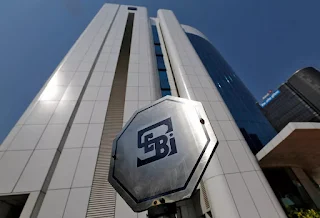
- This norm typically requires listed companies to have at least 25% of their shares held by the public. Under the amendment made by SEBI, state-run firms will not be required to meet this requirement.
- Regardless of whether the government has a direct or indirect ownership interest in a public sector entity, this exemption will apply to them. Even if there is a change in ownership or control after the exemption has been granted, it will still be valid for the "defined period" of time.
- The government and public sector undertakings (PSUs) that collectively or individually hold a majority stake from the MPS rule would be these exempted entities.
- The goal of the MPS rule, which has been in effect since 2010, is to make sure that listed corporations are held accountable to a variety of shareholders.
- Any listed entity with a majority of its shares, voting rights, or control held directly or indirectly by the federal government, a state government, or a public sector corporation shall be exempt from the rule.
- IDBI Bank exempted from MPS
- IDBI Bank, in which the government and Life Insurance Corporation (LIC) hold a 94.71% stake, will no longer be required to follow the Minimum Public Shareholding (MPS) norm due to a recent exemption for Indian state-owned firms.
- The bank is currently in the process of selling a 60.72% stake to a potential buyer, with the deadline for preliminary bids extended until January 7th. Without the MPS exemption, the successful bidder would have had to make an open offer to acquire an additional 5.28% of IDBI Bank's shares from public shareholders.
Question:
Q.1 Earlier, Indian state-owned companies had to fulfill the requirement to maintain a minimum level of public ownership of their shares. Now the SEBI has made changes to it, and they are exempted from doing so. What was the percentage that they needed to hold off?
a. 15%
b. 20%
c. 25%
d. 30%
a. 15%
b. 20%
c. 25%
d. 30%

